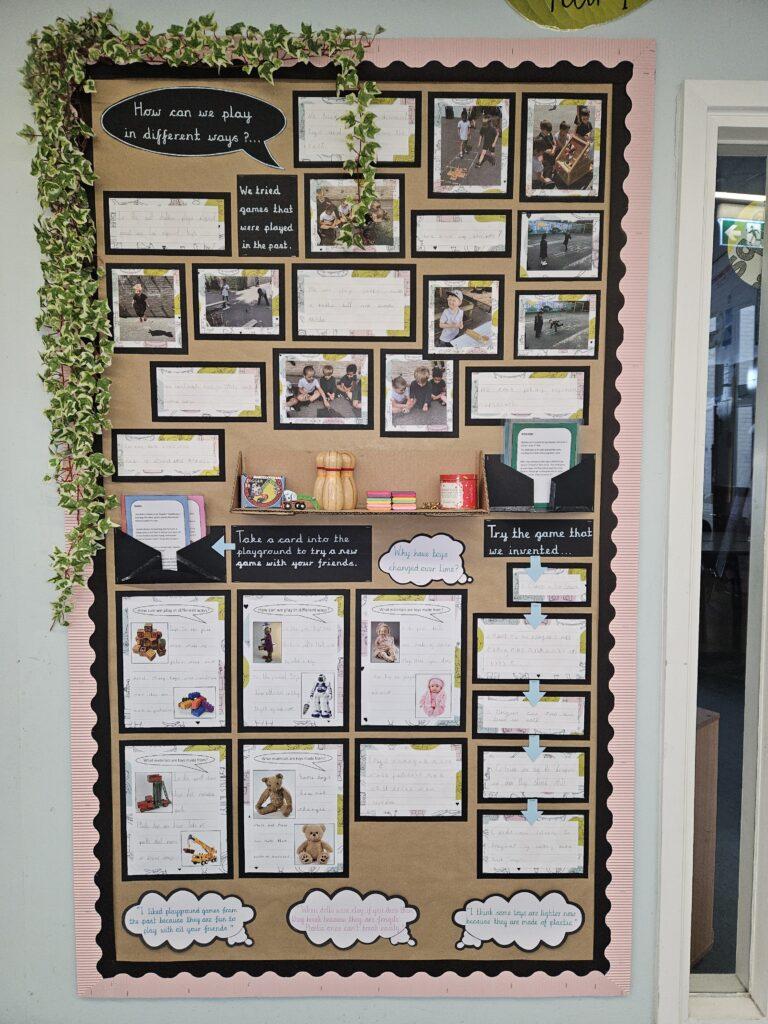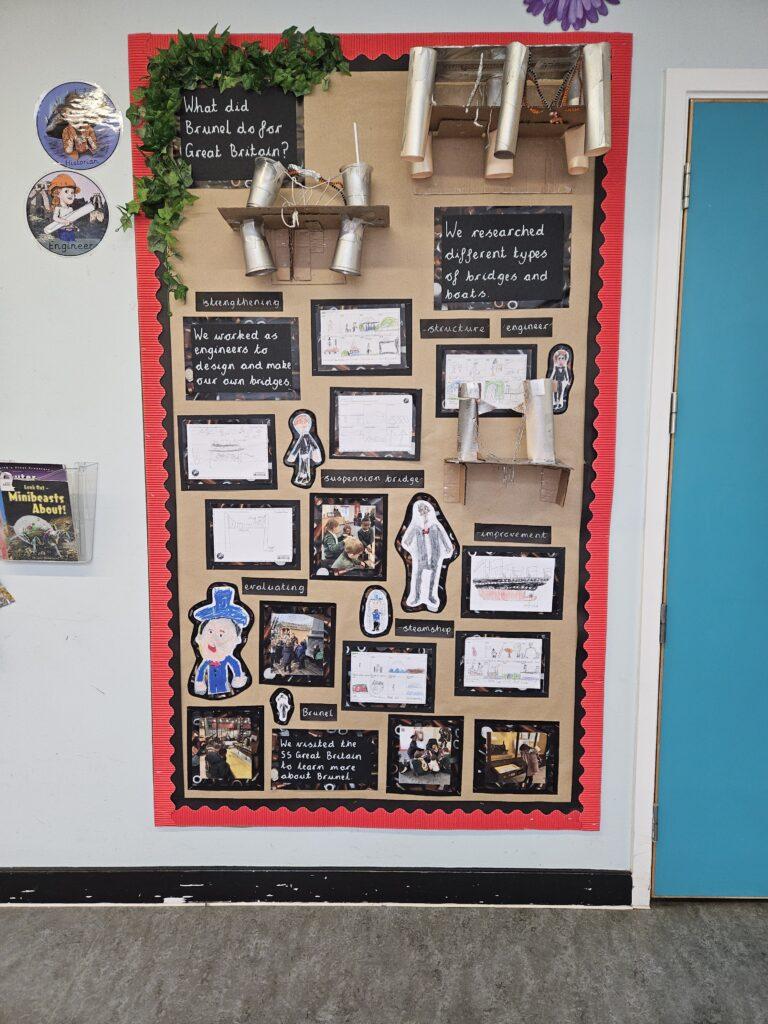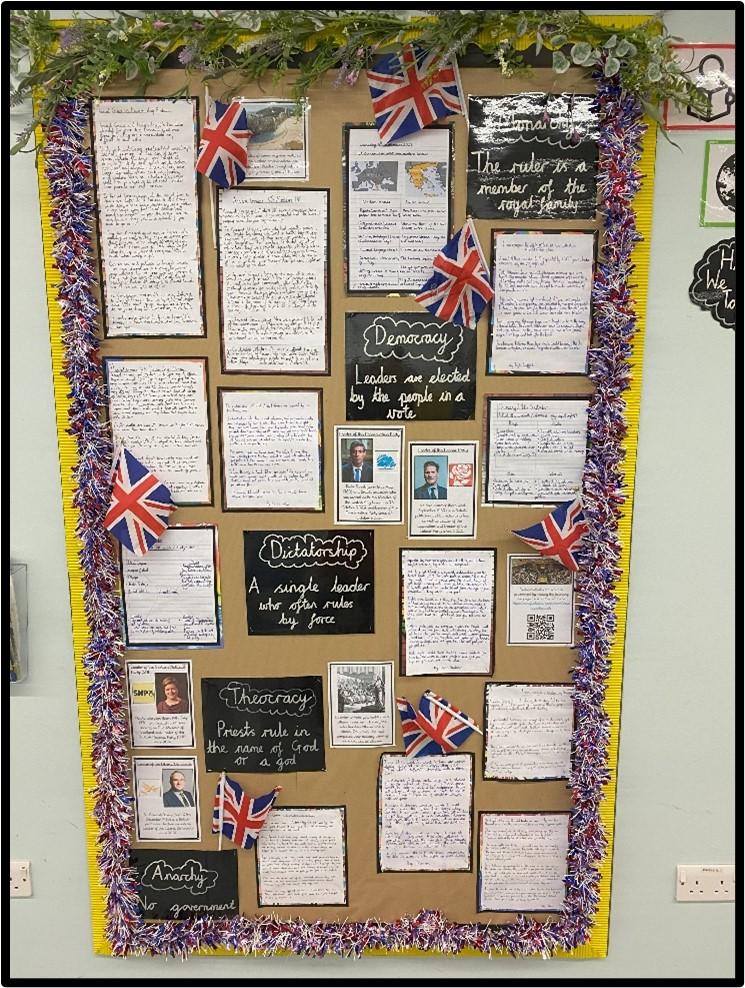Curriculum Lead: Lisa Murtaza
Intent:
At Bridge Learning Campus Primary, we have shaped our history curriculum to ensure that it is fully inclusive for every child. Our aims are to fulfil the requirements of the National Curriculum for History; providing a broad, balanced and differentiated curriculum that encompasses the British Values throughout; ensuring the progressive development of historical concepts, knowledge and skills; and for the children to understand the importance of learning about the past. We follow the Opening Worlds programme which is a rich and knowledge-based scheme for the teaching.

We aim for a high-quality history curriculum which should inspire in pupils’ curiosity and fascination about Bristol’s past, Britain’s past and that of the wider world. We are passionate about developing knowledgeable historians who have a secure understanding of chronology and can explain key significant periods and events in British and world history. Our teaching equips children with knowledge about the history of Britain and how it has influenced and been influenced by the wider world; know and understand about significant aspects of the history of the wider world like ancient civilisations and empires; changes in living memory and beyond living memory; learn about the lives of significant people of the past; understand the methods of historical enquiry and be able to ask and answer questions. We want children to enjoy and love learning about history by gaining this knowledge and skills, not just through experiences in the classroom, but also with the use of visitors and educational visits.

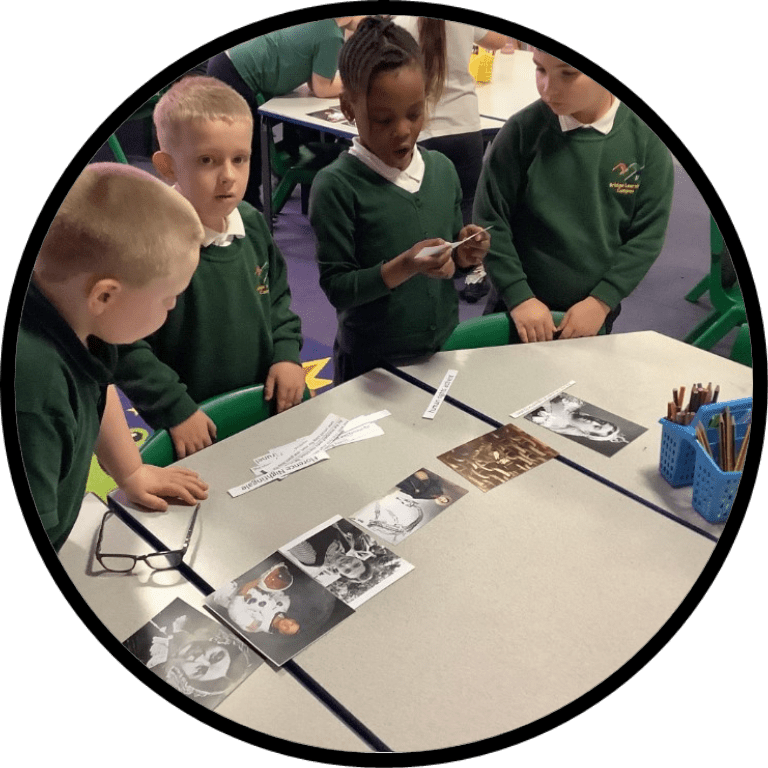

Implementation:
History in EYFS and KS1 is taught within our enquiry curriculum, often alongside geography and DT, and sometimes science. Where history is the ‘lead subject’ within an enquiry, most lessons within that enquiry will have a history objective. However, the enquiry may also include linked lessons from the other enquiry subjects to provide context, or to allow children to make links between the knowledge learnt across several subjects.
In ensuring high standards of teaching and learning in history, we implement a curriculum that is progressive throughout the whole school. The Opening Worlds teaching approach includes ten practical techniques which ensures high-leverage teaching. These techniques include systematic introduction and revisiting of new vocabulary, well-told stories with beautifully written narratives and effective questioning, making lessons pacey, oral, interactive and fun. It has a coherent, chronological and rigorous structure that ensures that links are not only made across individual subjects but also across each of the topics covered. This means that knowledge is gradually and successfully built upon, and children make explicit links using their previous knowledge. This is consistently revisited and retrieved, which ensures children build their schema of knowledge.
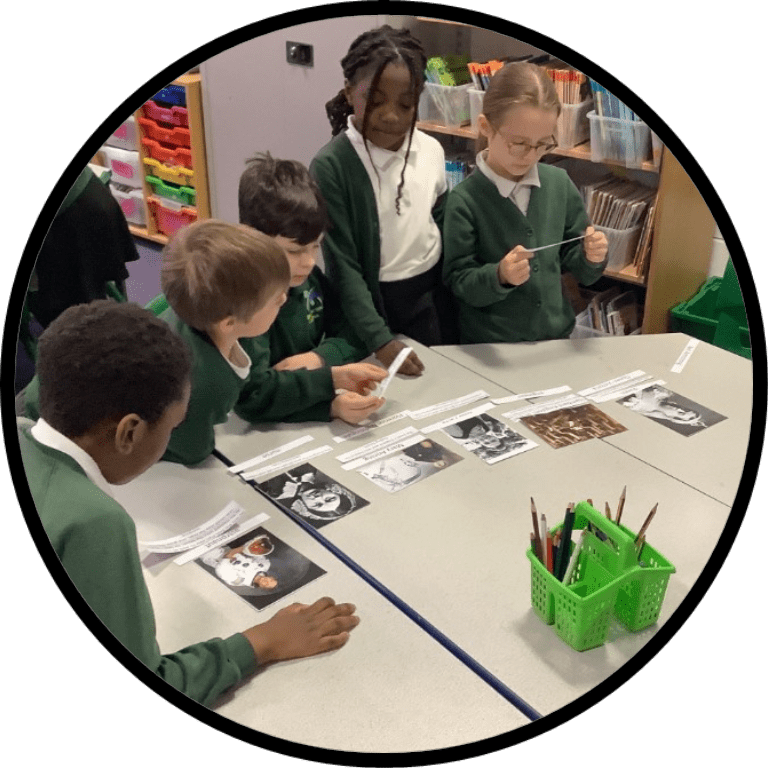
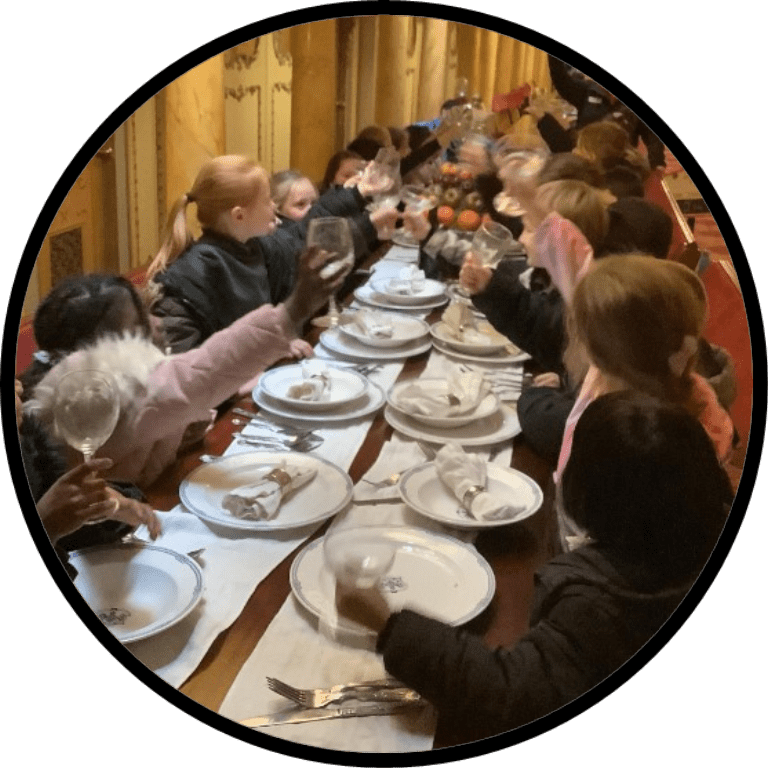
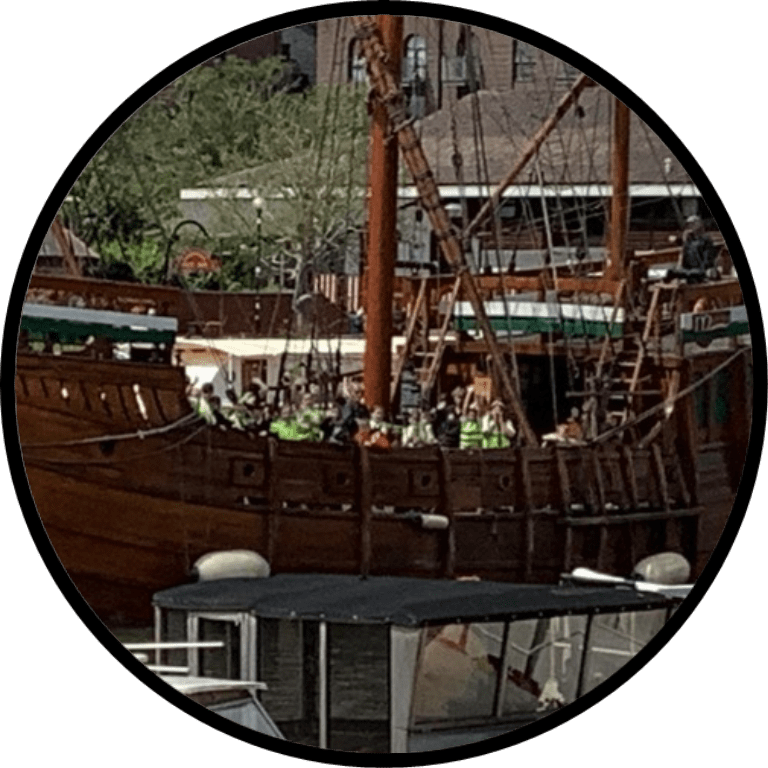
Lessons are planned using the long-term planning, allowing teachers to see the progression running through year groups so that knowledge can be built upon. Within Key Stage 1, this has been planned out through our enquiries, allowing the lessons to progress seamlessly into the Key Stage 2 curriculum designed by Opening Worlds.
The Opening Worlds curriculum understands the importance of explicit vocabulary teaching and incorporates it into every lesson. Each unit in Key Stage 2 is linked to a textbook and this is used alongside the storytelling of the teacher to build the children’s understanding within context. An example of this might be: words which are covered in Year 3 are used again in Year 4, such as ruler or government. They are then able to move onto learning vocabulary such as consul, senate and senator within the Year 4 Romans unit. This constant build of rich vocabulary sees our children develop a greater understanding of not only the topics but also what they are reading within specific lessons and across the wider curriculum.
As the pupils move through school, they learn more and piece together the jigsaw of time that is history, to aid this each class has a timeline within the room. When a new period of time is taught, this is added to the timeline, allowing pupils to not only build a picture of time, but also allowing them to see how it fits in comparison to the current day. This timeline transfers with each year group as they move through the school so they are adding to their own journey through time. In Key Stage 1, we do not refer to times as BC or AD instead referring to this as time beyond living memory and within living memory. Then once pupils move into Key Stage 2 they are taught about BC and AD and how they relate to the previous terms they learnt.
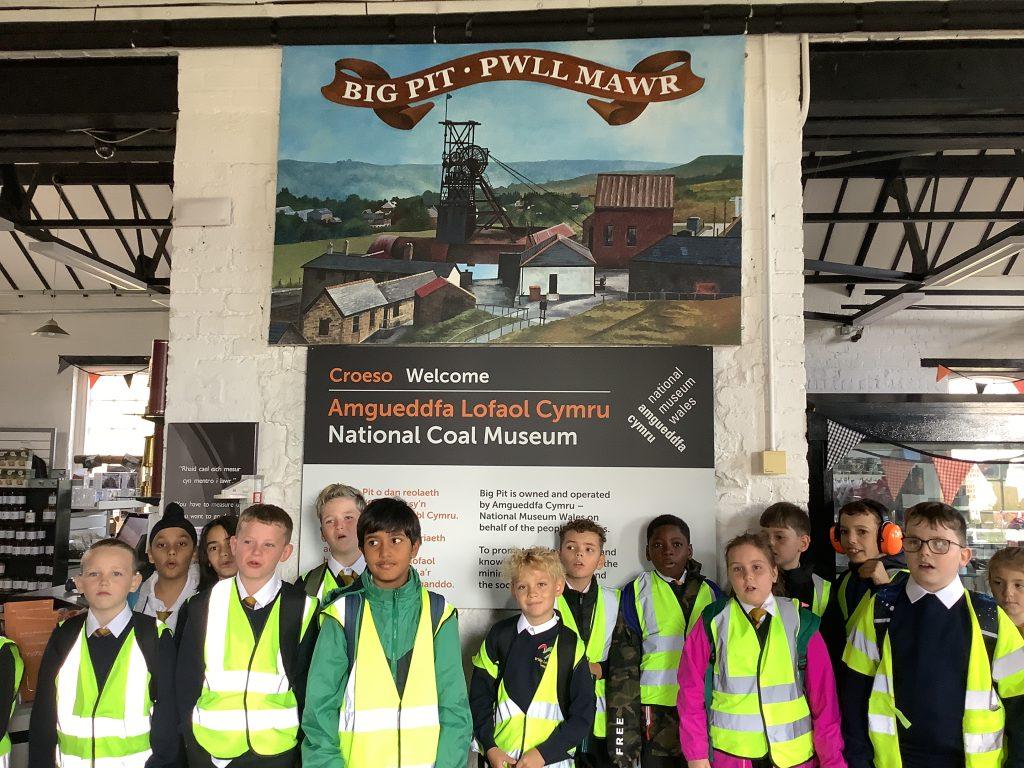
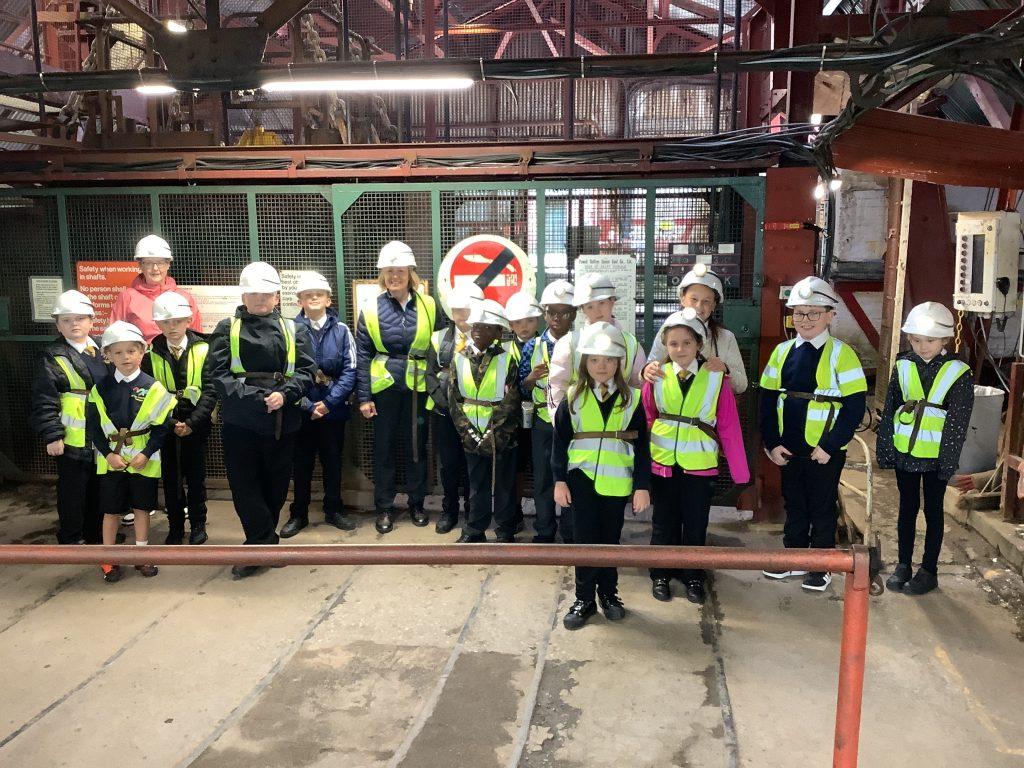
Impact:
We know that we have created successful Historians if children dare to:
- Know and understand the history of Bristol and the UK islands as a coherent, chronological narrative, from the earliest times to the present day.
- Know and understand significant aspects of the history of the wider world: the nature of ancient civilisations; the expansion and dissolution of empires; characteristic features of past non-European societies.
- Understand historical concepts such as continuity and change, cause and consequence, similarity, difference and significance, and use them to make connections, draw contrasts, analyse trends, frame historically valid questions and create their own structured accounts, including written narratives and analyses.
- Understand the methods of historical enquiry and know how evidence is used and why contrasting arguments and interpretations of the past have been constructed.
- Gain historical perspective by placing their growing knowledge into different contexts, understanding the connections between local, regional, national and international history.
- Feel equipped with historical skills and knowledge that will enable them to be ready for the KS3 curriculum and life as an adult in the wider world.
Progression
- National Curriculum Programmes of Study
- BLC Progression
- Opening Worlds Curriculum Plan
- Vocabulary Progression
Opening Worlds Curriculum
Year 3
| Autumn 1 | Autumn 2 | Spring 1 | Spring 2 | Summer 1 | Summer 2 |
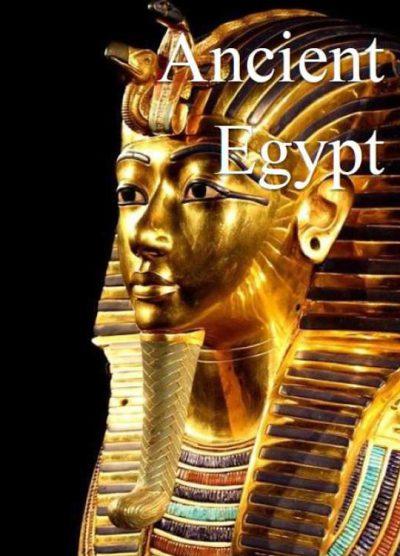 | 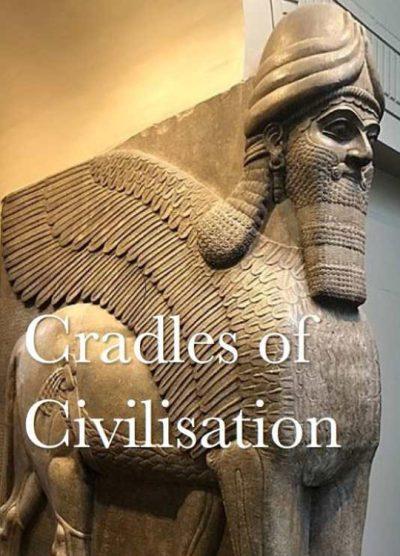 | 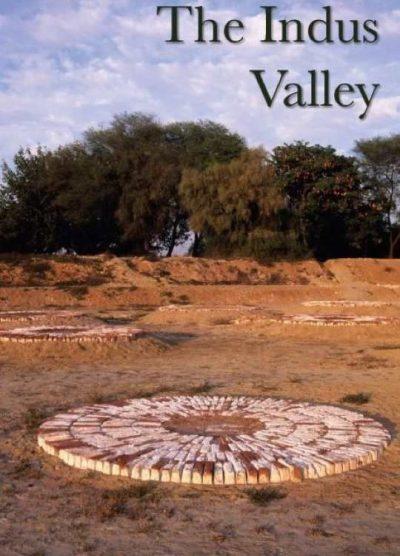 | 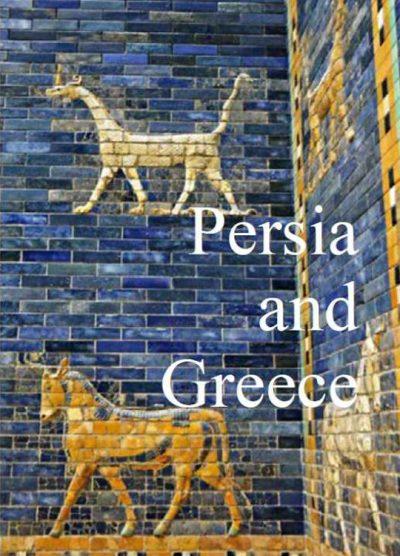 | 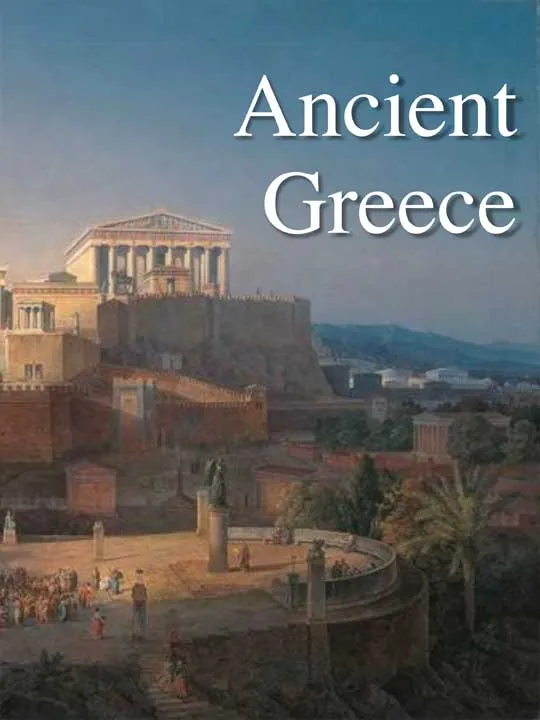 | 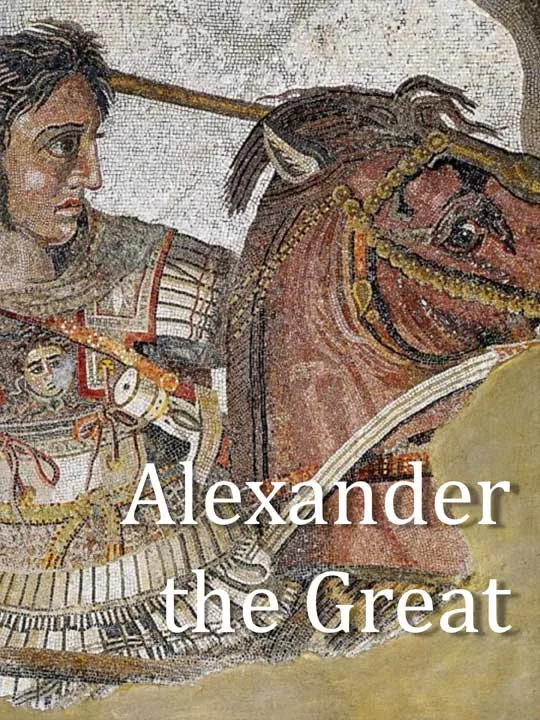 |
Year 4
| Autumn 1 | Autumn 2 | Spring 1 | Spring 2 | Summer 1 | Summer 2 |
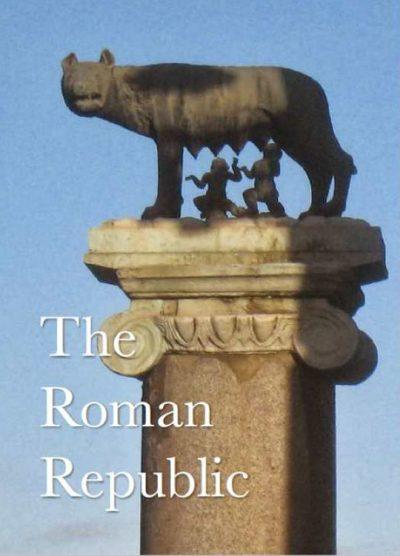 | 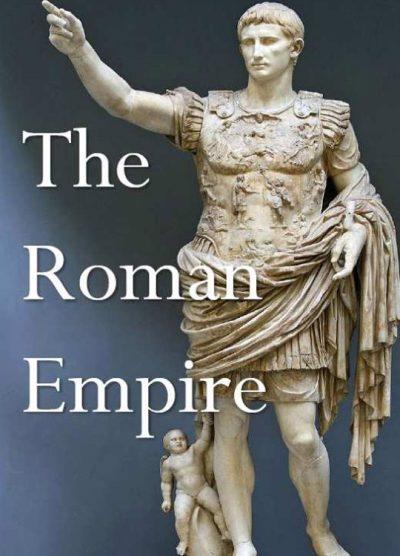 | 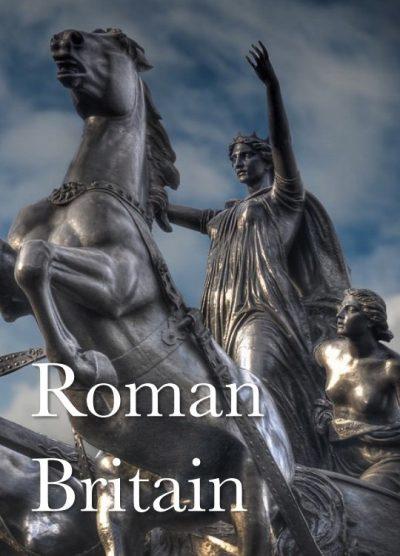 | 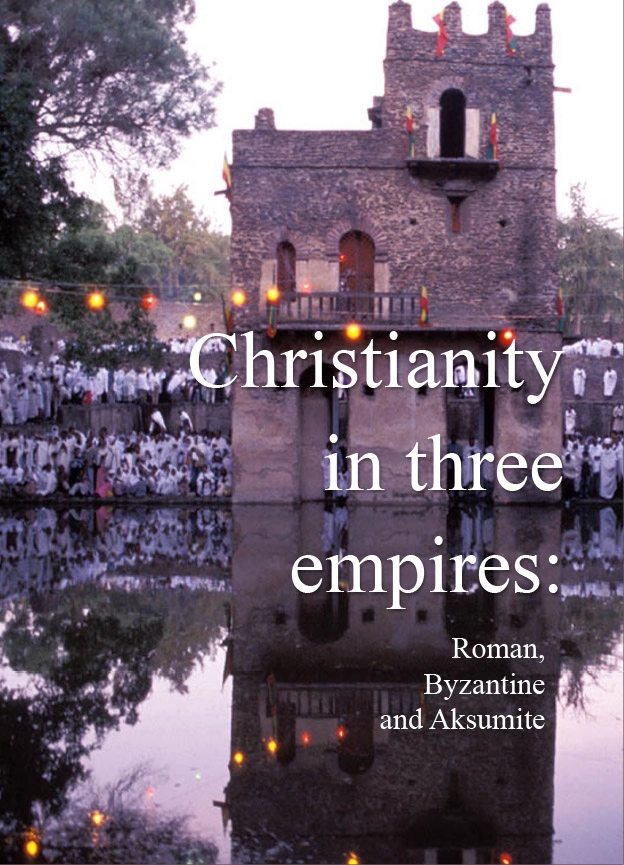 | 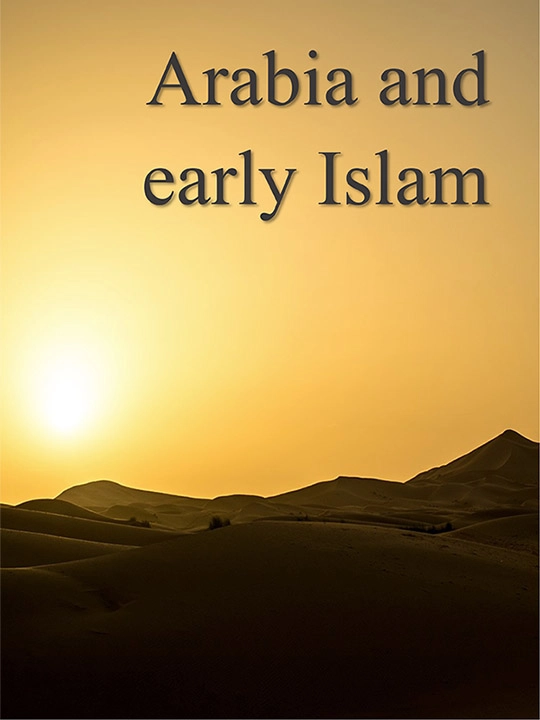 | 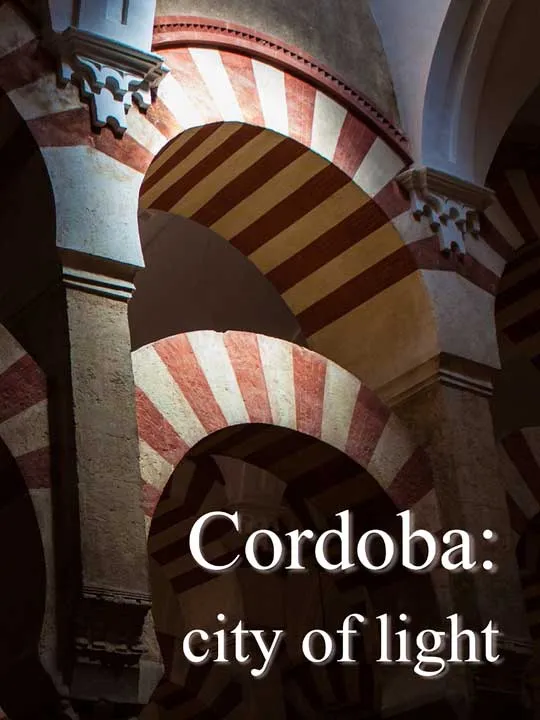 |
Year 5
| Autumn 1 | Autumn 2 | Spring 1 | Spring 2 | Summer 1 | Summer 2 |
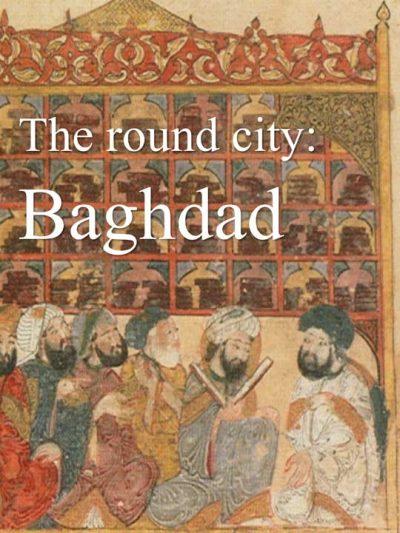 | 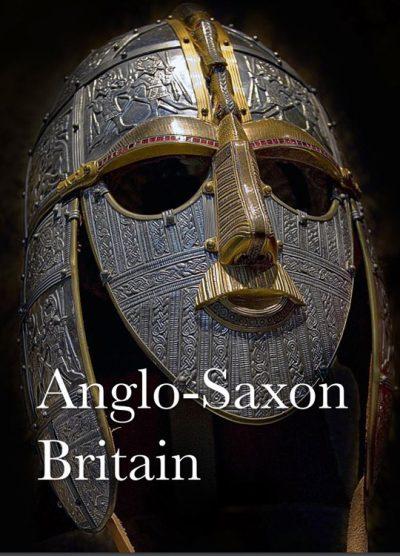 | 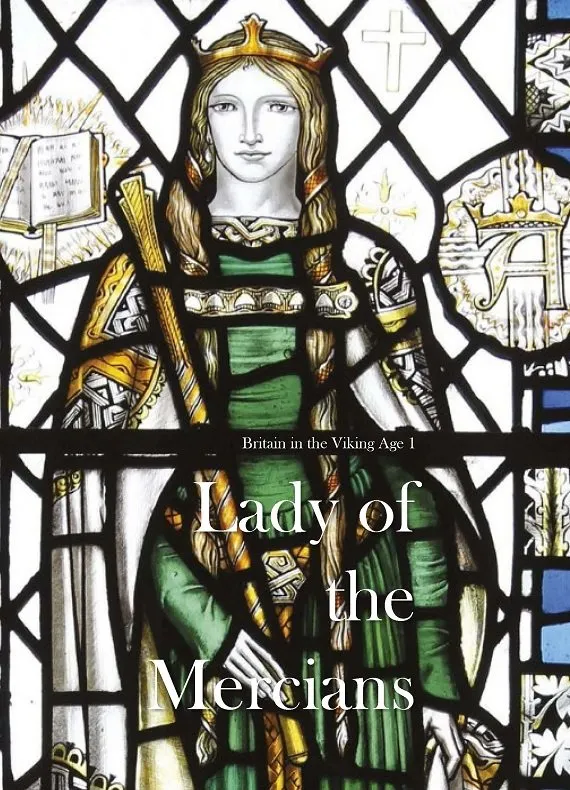 | 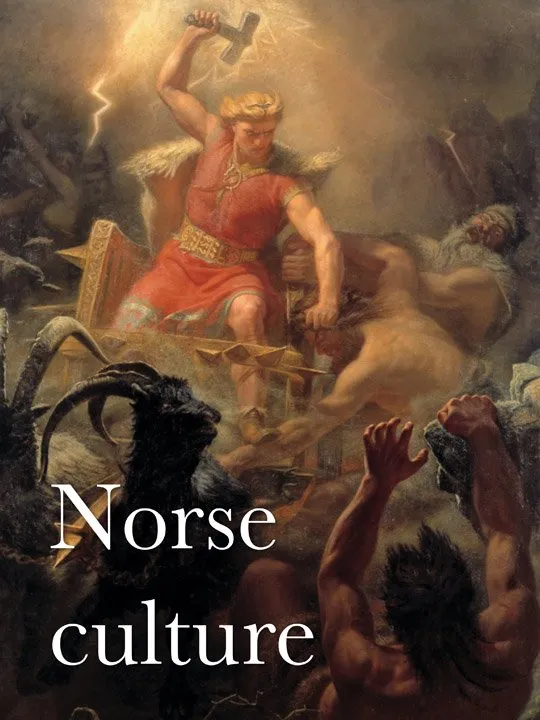 | 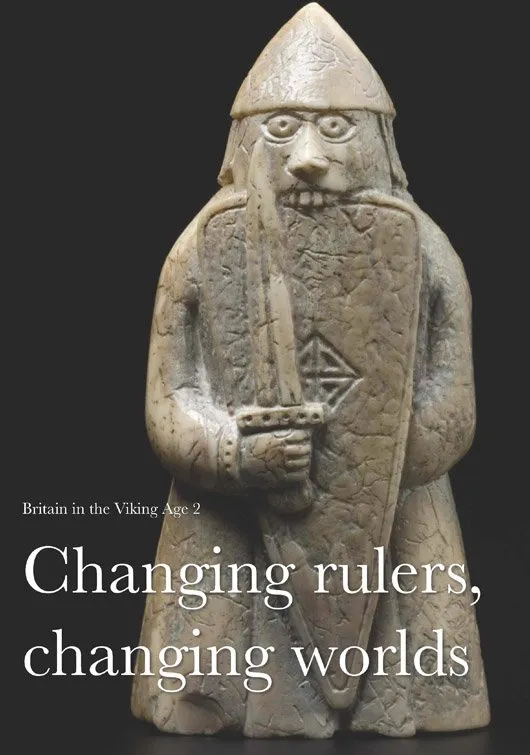 |  |
Year 6
| Autumn 1 | Autumn 2 | Spring 1 | Spring 2 | Summer 1 | Summer 2 |
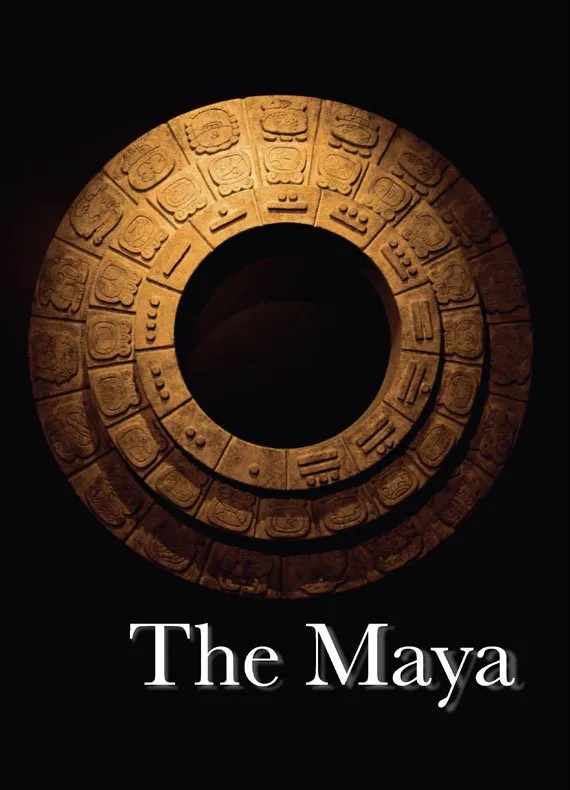 | 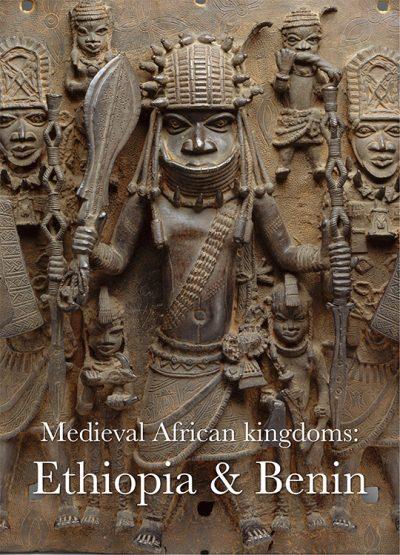 | 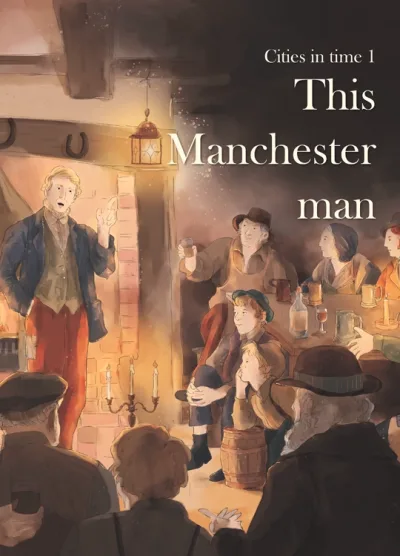 | 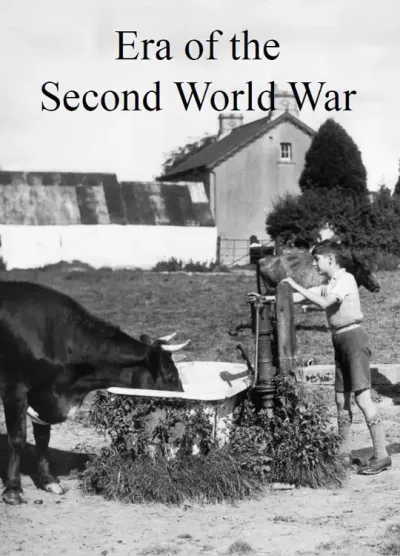 | Local Study |
History Enquiry Displays
